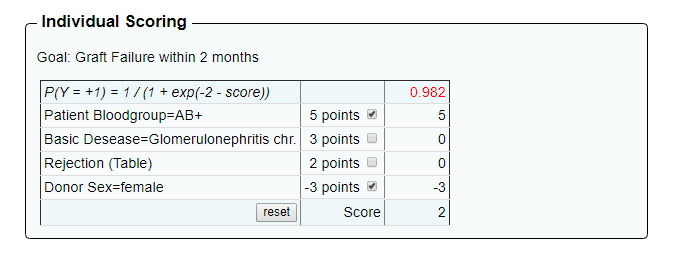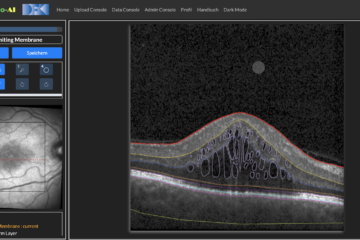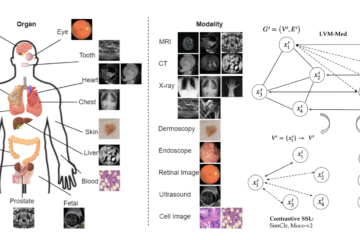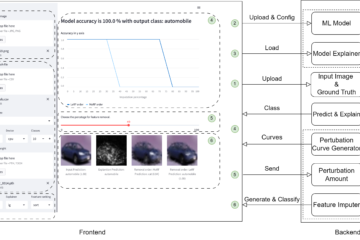In the medical domain physicians are often forced to decide quickly whether a further examination is appropriate or which of several treatments is best suited for a patient.A first preliminary ruling can sometimes be made on the basis of a few aspects, e.g. with so called ABCDE rule for the detection of suspected skin cancer.
In order to formulate such rules, existing medical properties of the patient must be checked to see whether and to what extent they are relevant for the occurrence of an event (e.g. a rejection after a transplantation).
Risk scores are simple linear classiffication models that let users assess risk by adding, subtracting, and multiplying a few small numbers. These models are widely used for high-stakes applications in medicine and criminology because they let users make quick predictions, without extensive training, and without the use of a computer or calculator. The nature of such applications means that risk scores have to be rank-accurate (i.e., high AUC), riskcalibrated, sparse, and use small integer coefficients.
RiskSLIM (Risk-calibrated Supersparse Linear Integer Model) is a system capable of learning risk scores from data by solving a discrete optimization problem.

The resulting model can be visualized as a scoring table:
- We realized a web interface that provides an easy and intuitive way to specify a goal and the features to generate data sets from a data base (of nephrology patients)
- call RiskSLIM to compute a model
- display the scoring table based on the model
- modify the model manually
- validate different models on different data sets.


